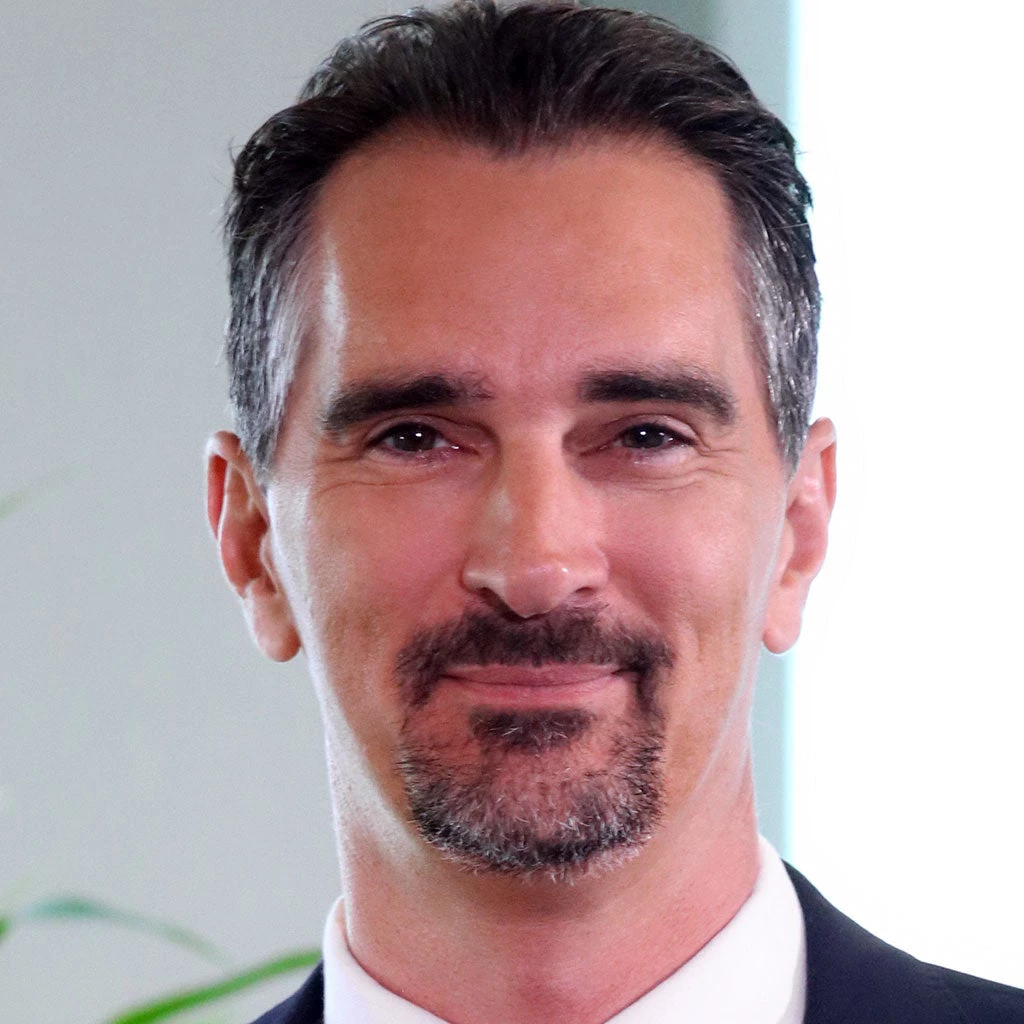
We’re in the middle of an unusual data collection exercise, which we’ve called the Southern Sudan Experimental Phone Survey (SSEPS). To get a sense of how the survey works, see this photo essay. The work has been conducted in part with funds from the Poverty and Social Impact Analysis Multi-Donor Trust Fund.
In November, in conjunction with the Southern Sudan Centre for Census, Statistics and Evaluation, we delivered mobile phones to 1000 households in the 10 state capitals of Southern Sudan. Each month starting last December, Sudanese interviewers from a call center in Nairobi have phoned respondents on those phones to collect information on their economic situation, security, outlook, and other topics.
We’re still analyzing the data and it will still be several weeks before we have a public report based on the data. But to give a brief preview: one notable finding from the December round is the high levels of optimism. In the weeks leading up to the vote on independence that took place in January, 57 percent of our respondents said they believed the vote would lead to long-term peace between North and South Sudan (vs. 21 percent who said it would not, with the remainder not responding or indicating that they did not know.) Likewise, a striking 65 percent of respondents said they expected their living conditions to improve in the next 12 months, compared to just 6 percent who said they would worsen. Expectations are high among the citizens of the new nation that will be born this July.


Join the Conversation